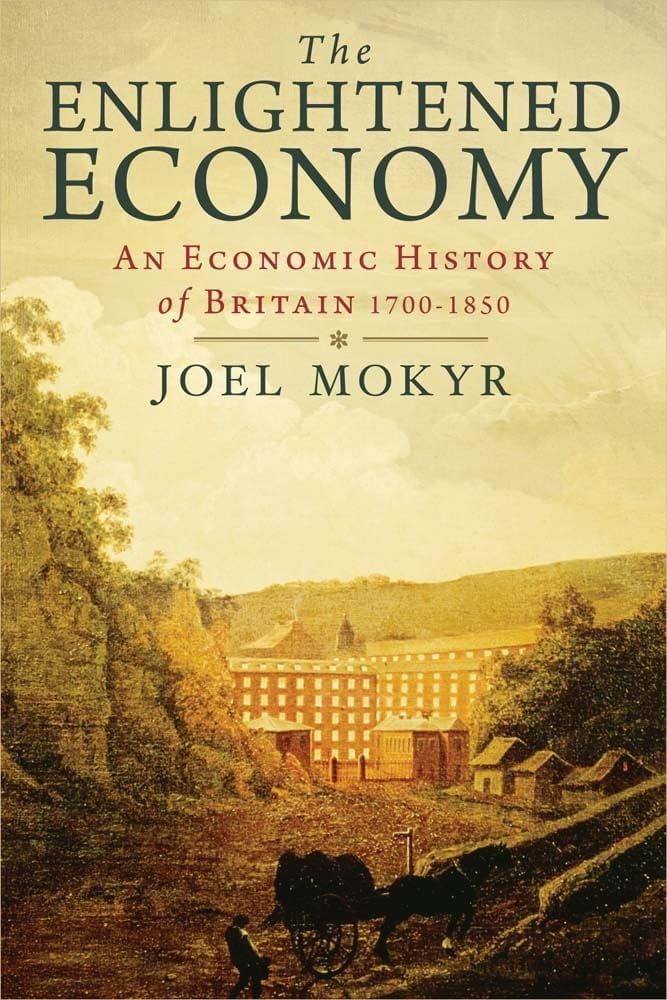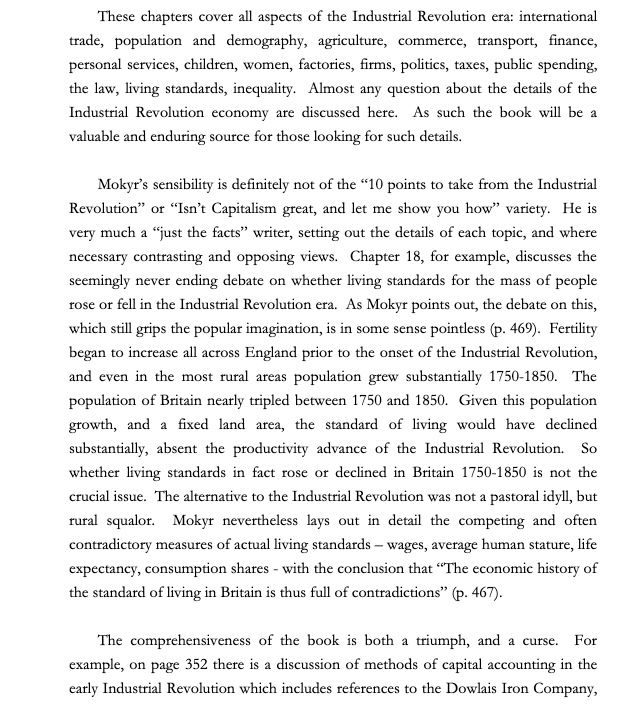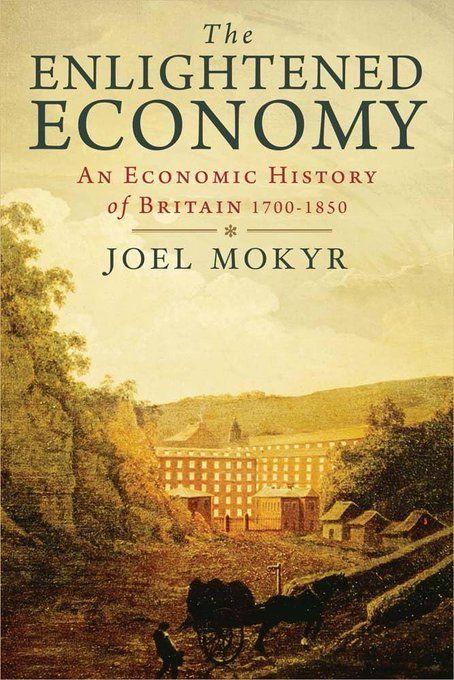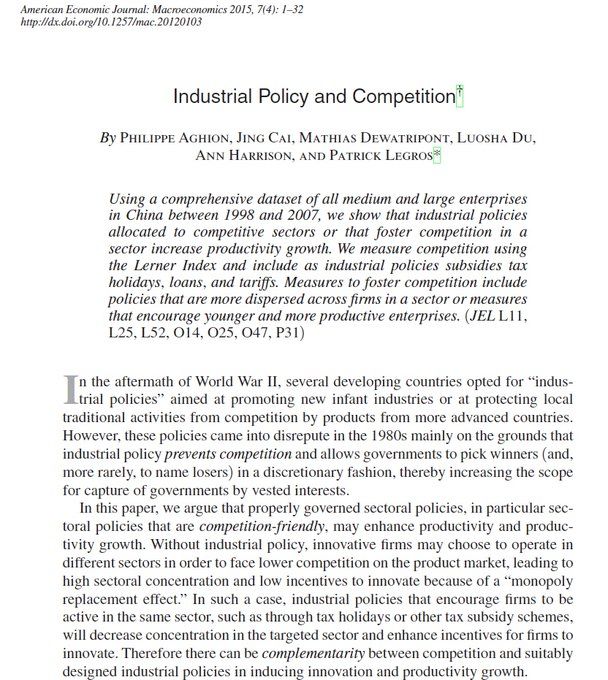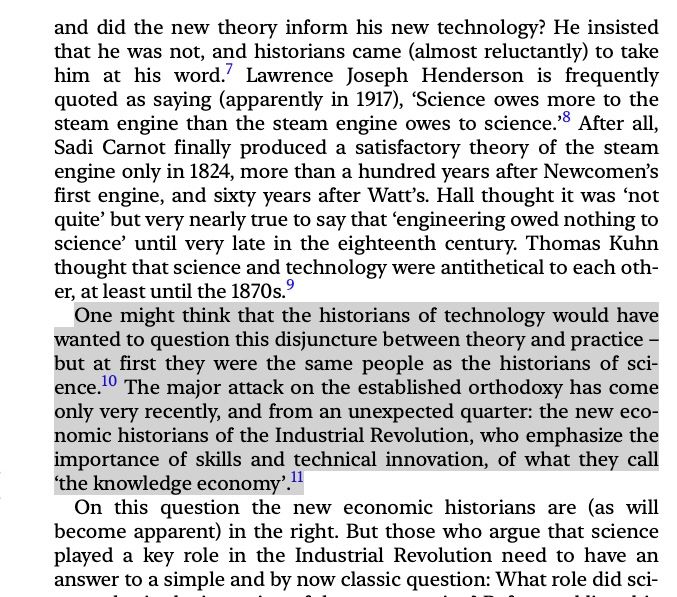Pseudoerasmus
@pseudoerasmus.bsky.social
7K followers
700 following
1.7K posts
I bleat about the history of global economic development
https://pseudoerasmus.substack.com/
https://pseudoerasmus.com
https://medium.com/@pseudoerasmus
Posts
Media
Videos
Starter Packs
Pinned
Pseudoerasmus
@pseudoerasmus.bsky.social
· Oct 18
Reposted by Pseudoerasmus


